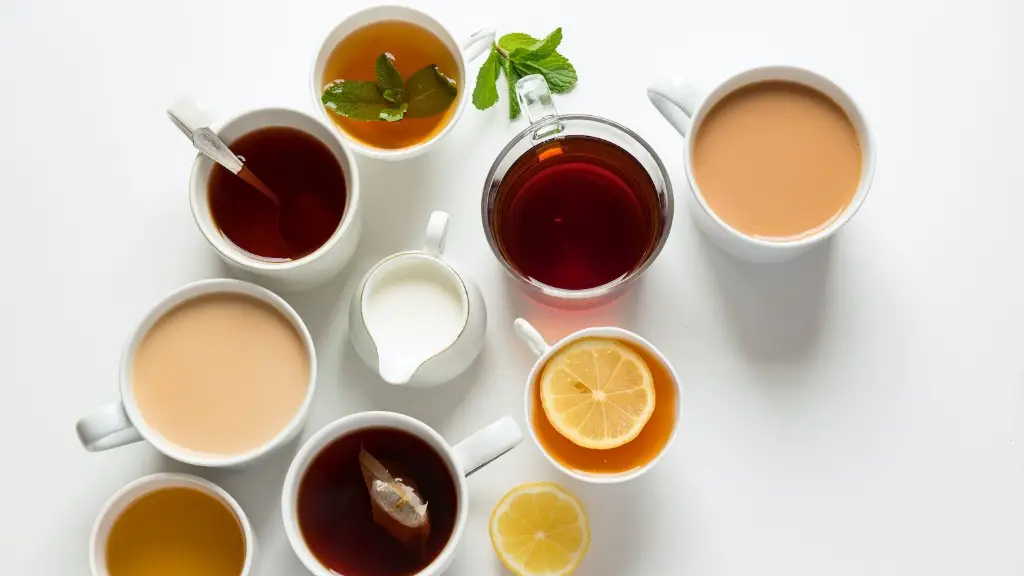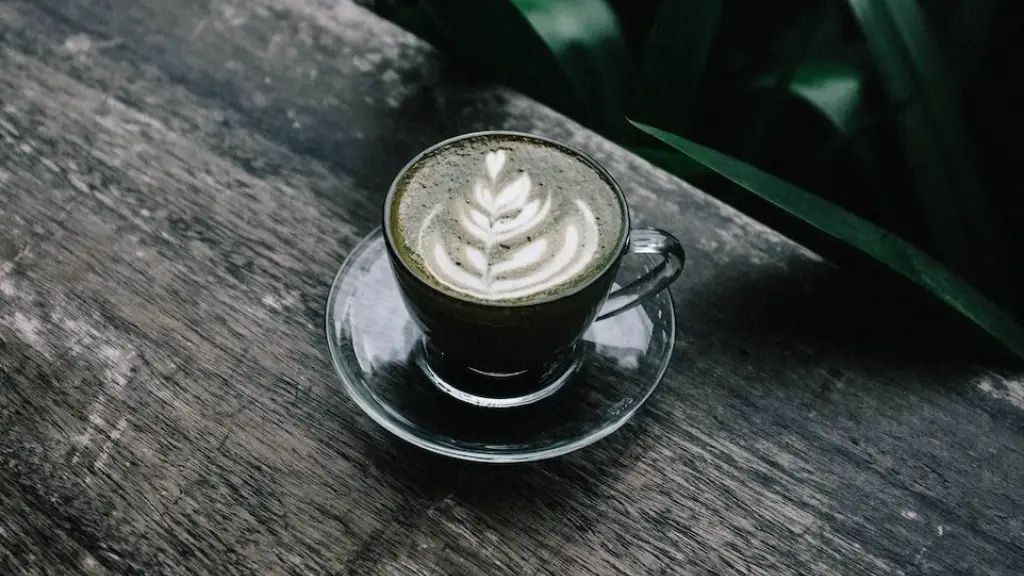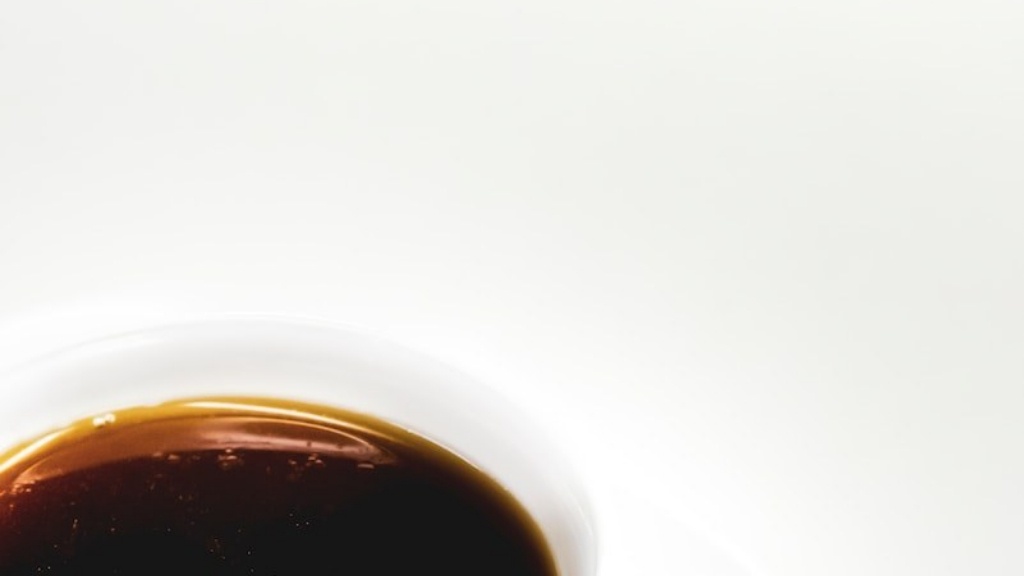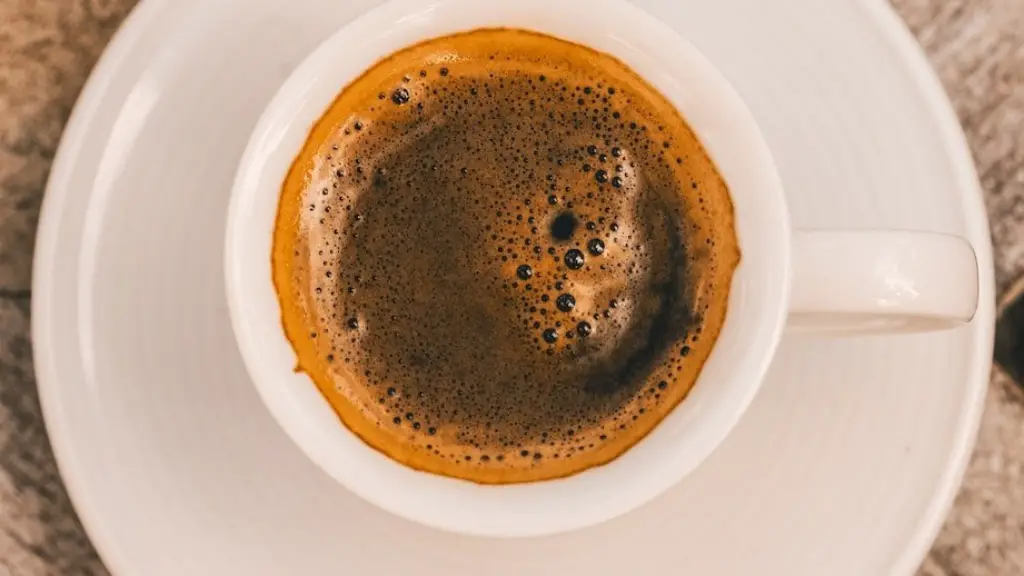Coffee is one of the most popular beverages in the world. But when it comes to undergoing a gallbladder ultrasound, there are certain regulations you should follow.
Prior to having your gallbladder ultrasound done, you’re told not to eat or drink anything. But when it comes to coffee, can you take a sip or have a cup right before your scheduled appointment? Read on to find out.
What is a Gallbladder Ultrasound?
A gallbladder ultrasound is a type of imaging test that uses sound waves to create a picture of the gallbladder. This procedure is used by doctors to help them diagnose various types of gallbladder disease such as gallstones, and biliary sludge. It’s also used to measure the thickness of the gallbladder wall, check for inflammation and draw fluid from the gallbladder if necessary.
Why is it Important to Follow Precautions for a Gallbladder Ultrasound?
Every imaging test requires specific instructions to be followed in order to get detailed results. By following the instructions and listening to your doctor’s advice, you can make sure that they get the best possible picture of your gallbladder.
The instructions for a gallbladder ultrasound usually include not drinking or eating anything for a certain period of time before the appointment. This is so your gallbladder will be empty or nearly empty during the test, making it easier for the doctor to see it on the ultrasound.
Can You Drink Coffee Before a Gallbladder Ultrasound?
The short answer is no. You should not drink coffee or any other beverages before a gallbladder ultrasound. Caffeine is a stimulant that can affect the performance of your gallbladder, so it’s important that it isn’t in your system while the ultrasound is being done.
Since coffee can stimulate the gallbladder to contract, it’s recommended that you don’t drink it prior to the test. Drinking coffee can affect the results and make it harder for the doctor to get an accurate picture of your gallbladder.
If you’re having difficulty giving up coffee before your ultrasound, many doctors recommend that you limit your intake to one cup of decaffeinated coffee. This should not affect the results of your test and gives you just enough to hold you over until after the ultrasound is completed.
Additional Advice for Your Gallbladder Ultrasound
In addition to not drinking coffee before a gallbladder ultrasound, there are a few other steps you should take. First of all, make sure you’re hydrated. You want to ensure that your gallbladder is as full as possible when it’s time for the test, so drink plenty of water prior to your appointment.
Also, you should avoid eating any solid foods for at least six hours before the ultrasound. This will make sure that the gallbladder is full of liquid when the test is being done, which will make it easier to see on the ultrasound.
Conclusion
In conclusion, you should avoid drinking coffee before a gallbladder ultrasound. Caffeine can affect the results and make it more difficult for the doctor to get a clear picture of your gallbladder. Furthermore, you should also limit your intake of solid foods and stay hydrated prior to your appointment.
Does the Diet Affect Gallbladder Health?
When it comes to gallbladder health, it’s important to maintain a healthy diet. Eating an abundance of fruits, vegetables, and other whole foods can help keep your gallbladder healthy and free of gallstones. Furthermore, eliminating processed foods, sugar, and fat from your diet can also help reduce your risk of gallbladder issues.
It’s also important to monitor your intake of fatty foods. Eating a lot of fat can lead to an overload for the gallbladder, which can cause it to not function properly. This is why it’s important to limit your intake of fatty foods and make sure that you’re getting enough healthy fats in your diet.
In addition, drinking plenty of water is essential for gallbladder health. Water helps your body flush out toxins, reduces the risk of kidney stones, and can prevent the buildup of fatty acids in the gallbladder. It’s recommended to drink at least eight glasses of water a day to stay properly hydrated and keep your gallbladder functioning properly.
What are the Symptoms of Gallbladder Disease?
Gallbladder disease is a common condition that can often be managed with lifestyle changes and medication. However, if you’re experience the following symptoms it’s important to visit your doctor to get properly diagnosed.
Common symptoms of gallbladder disease include abdominal pain, nausea, vomiting, dark urine, and clay-colored stools. You may also experience jaundice which is caused by a buildup of toxins in the liver. Other symptoms include fever, chills, and jitteriness.
If you’re experiencing these symptoms, it’s important to see your doctor as soon as possible. They will run the proper tests and help you determine the cause of your symptoms.
Risk Factors for Gallbladder Disease
The risk of developing gallbladder disease is much higher for certain people. Risk factors include obesity, high cholesterol, and diabetes, as well as genetics. Women are at a much higher risk of developing gallbladder issues due to the effects of estrogen on gallbladder motility.
It’s also important to be aware of the side effects of certain medications. Birth control pills, hormones, and some antibiotics have been linked to an increased risk of gallbladder disease.
In addition to these risk factors, it’s important to pay attention to your diet. Eating a diet high in saturated fats, trans fats, simple carbohydrates, and processed foods can increase your risk of developing gallbladder issues.
Can Gallbladder Issues be Prevented?
Whie some gallbladder issues are genetic and unavoidable, there are steps you can take to minimize your risk and keep your gallbladder healthy. Eating a diet rich in fruits, vegetables, and healthy proteins can help keep your gallbladder functioning properly.
Also, it’s important to maintain a healthy weight by exercising regularly. This will help reduce your risk of gallbladder issues, as well as other health problems such as heart disease and diabetes.
Finally, pay attention to any symptoms you may experience. If you’re experiencing any abdominal pain, nausea, vomiting, or jaundice, seek medical attention immediately. Early diagnosis and treatment is key to helping minimize your risk of developing more serious gallbladder issues.





